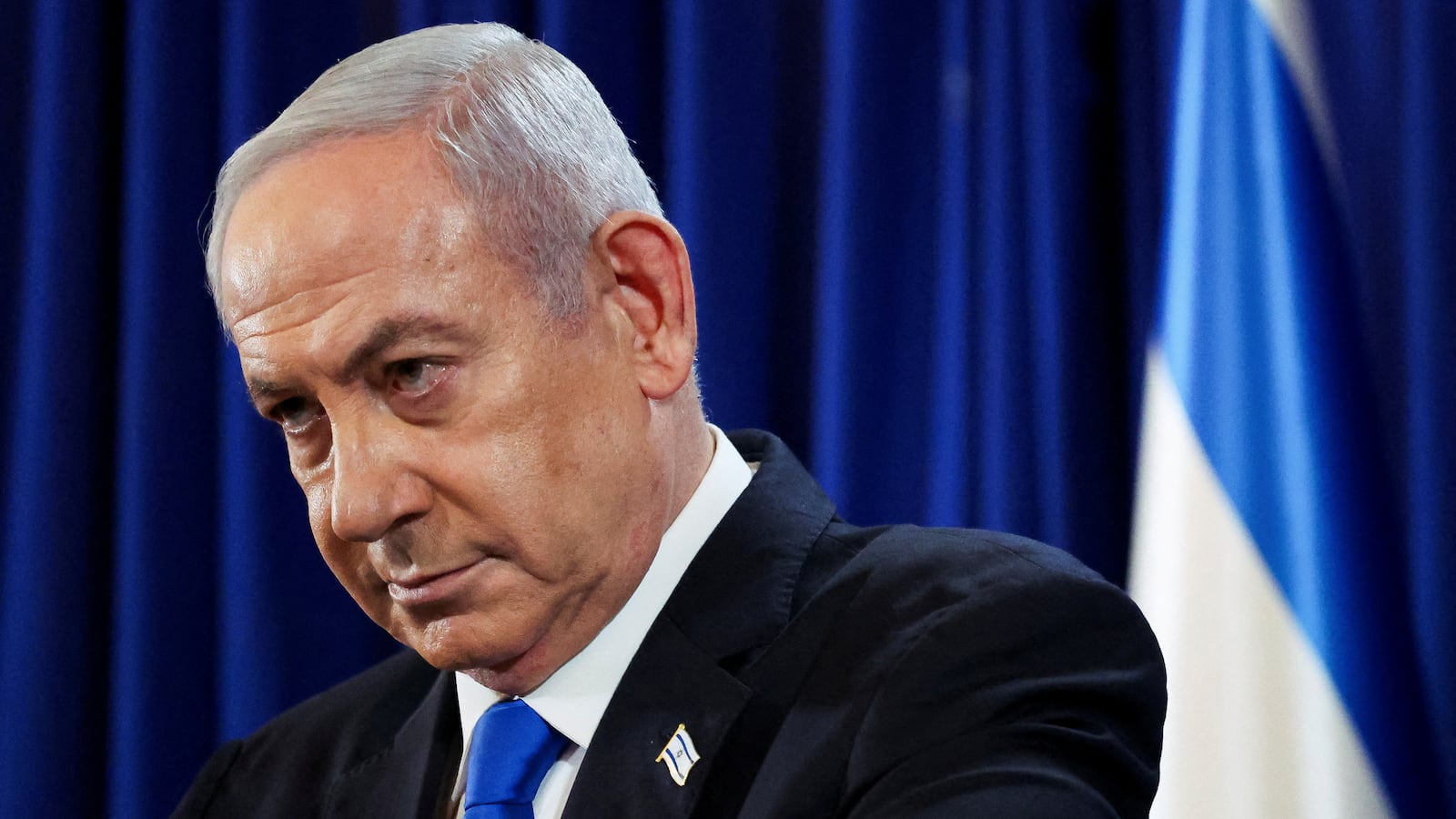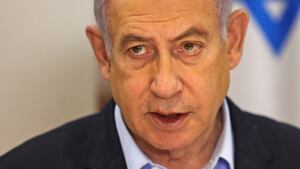On Saturday, Israel launched an overnight airstike to kill top Hamas military commander and suspected architect of the Oct. 7 attack, Mohammed Deif, which hit a humanitarian zone in Gaza.
During a news conference, Israeli Prime Minister Benjamin Netanyahu said he was “not absolutely certain” Deif, and a second Hamas commander Rafa Salama, had been killed, but vowed to “get to the whole of the leadership of Hamas."
According to Gazan health officials, the strike killed at least 90 people and wounded hundreds near Khan Younis, in the south of the Gaza strip, marking the largest loss of life in weeks.
The targeted zone, Mawasi, was designated as a “safe zone” by Israel in October, and is home to hundreds of thousands of Palestinians seeking refuge, according to U.N. officials. This is not the first time Israel has dropped bombs on Mawasi and accused militants of operating from within the tents and makeshift shelters housing the area’s civilian population.
Israeli military officers said this attack targeted a fenced-in Hamas-run compound that was not used as a camp for displaced Palestinians, describing the site as an open area with trees and “several buildings and sheds.”
Footage of the airstrike’s location appeared to corroborate some of the Israeli Defense Forces’ statements. Video also showed charred tents and cars and bodies being transported on the hoods, in the hatchbacks of cars, on donkey carts, and carpets.
In response to the attack, Hamas rejected Israel’s position that Dief was in the humanitarian area, stating “these false claims are merely a cover-up for the scale of the horrific massacre.”
Referred to as “The Guest,” Deif has long topped Israel’s most-wanted list and the highly elusive Hamas commander has survived multiple Israeli assassination attempts. If dead, he would be the highest ranking Hamas member to have been killed by Israel since the start of the war.
The Israeli operation came during fragile cease-fire discussions, the same day Netanyahu rejected Hamas’ demand for amendments to the proposal created by President Biden in May, saying he would “not move one millimeter” from the original terms.
Egypt, a mediator in the cease-fire talks, issued a statement condemning the strike, saying “these ongoing violations against Palestinian citizens add serious complications to the ability of the efforts currently being made to reach calm and a cease-fire,” and criticizing what it called the “shameful silence and lack of action from the international community.”






